Building collaborations with government agencies, non-governmental organizations (NGOs), and other education-related stakeholders is crucial for the Principals Association of Nepal (PAN) to effectively contribute to the advancement of education in the country. Here’s a framework for potential collaborations:
Ministry of Education:
Establish a liaison with the Ministry of Education to align PAN’s initiatives with national educational policies.
Collaborate on educational reform projects, curriculum development, and teacher training programs.
Department of Education:
Work closely with the Department of Education to contribute to the formulation and implementation of education policies.
Collaborate on research projects, data collection, and analysis to inform educational strategies.
Local Government Authorities:
Collaborate with local municipalities and district education offices to address regional educational challenges.
Engage in community-based initiatives and advocate for improved educational infrastructure.
NGOs and International Organizations:
Partner with INGOs working in the education sector to access additional resources and expertise.
Collaborate on projects related to teacher training, infrastructure development, and community engagement.
Educational Foundations:
Collaborate with foundations dedicated to education to secure funding for specific programs and initiatives.
Explore joint projects focused on improving access to quality education in underserved areas.
Educational Stakeholders:
Teachers’ Associations:
Collaborate with teachers’ associations to understand the needs and challenges faced by educators.
Jointly organize professional development programs and workshops.
Parent-Teacher Associations (PTAs):
Engage with PTAs to foster collaboration between parents, teachers, and school principals.
Organize community outreach programs to involve parents in their children’s education.
Higher Education Institutions:
Collaborate with universities and colleges to establish research partnerships.
Facilitate opportunities for student internships and collaborative educational projects.
Private Sector:
Corporate Partnerships:
Form partnerships with private companies to support educational initiatives through corporate social responsibility (CSR) programs.
Explore opportunities for technology integration in schools through private-sector collaborations.
EdTech Companies:
Collaborate with educational technology companies to enhance digital literacy and technological infrastructure in schools.
Implement joint initiatives to introduce innovative teaching methodologies.
Strategies for Collaboration:
Joint Programs and Projects:
Develop joint programs or projects that address shared goals and objectives.
Establish working groups with representatives from PAN, government agencies, NGOs, and other stakeholders.
Advocacy and Policy Influence:
Collaborate on advocacy campaigns to influence policies related to education.
Participate in forums that allow collective input into educational policymaking.
Resource Sharing:
Share resources, expertise, and best practices among collaborating entities.
Establish a platform for continuous communication and knowledge exchange.
Building and maintaining these collaborations will not only enhance the impact of PAN’s initiatives but also contribute to a more holistic and coordinated approach to improving education in Nepal. Regular communication, joint planning, and a shared commitment to the betterment of education will be key to the success of these collaborations.

